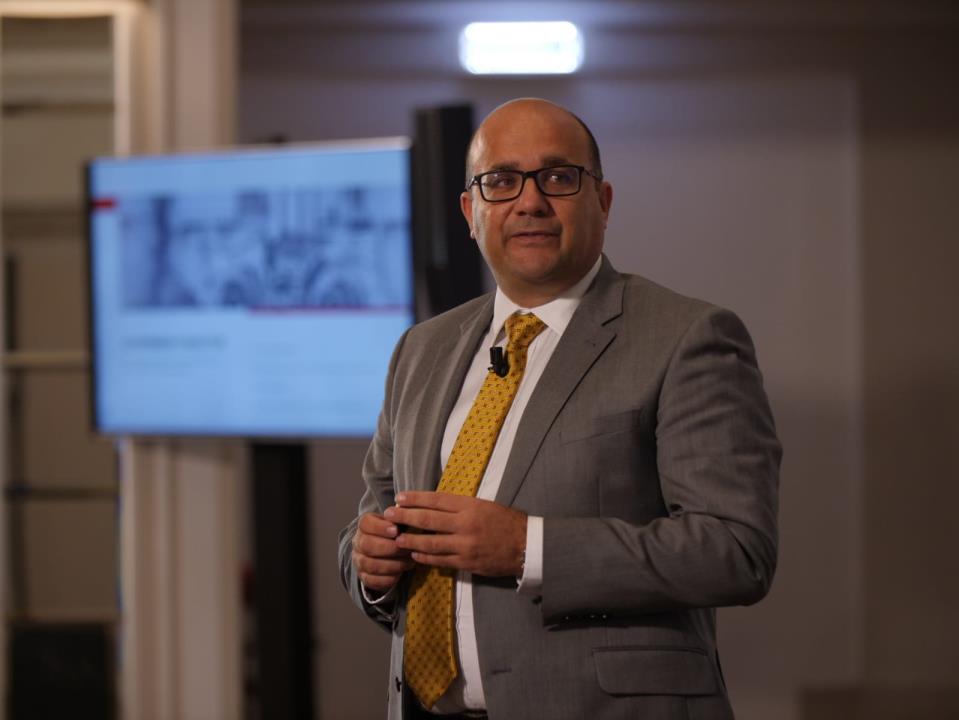The government has launched the white paper seeking to establish the Malta Construction and Building Authority (MCBA), which will consolidate existing entities and regulations, and provide reforms intended to “bring a much-desired paradigm shift” in the industry.
Speaking at an event held in Valletta, Infrastructure Minister Ian Borg stressed the need for its creation in order to effectively address a number of issues in an industry which is growing “in importance and relevance towards economic prosperity.”
In fact, as of December 2017, the construction industry generated €356 million or 3.2% of GDP, employing 5.1% of the population.
The document highlighted that there were a number of challenges that needed to be addressed including the lack of enforcement of construction sites and the post development stage; the lack of skills and development of new techniques.
Outdated legislation no longer compatible with modern development, the categorisation of different trades and skills in the industry, and the consolidation of regulation were also highlighted as issues.
In the field of enforcement compliance, which has often been an issue in Malta, the regulator will use monitoring and enforcement units which would be able to investigate breaches of provisions of the unified act, and be able to deliver administrative fines or refer to the police for further action where necessary.
It will also have the ability to grant exceptional conditions on works carried out, or remove such conditions as it may seem fit.
Enforcement shall include both announced and unannounced on-site inspections. The unit will also be responsive to reports launched by the public by having a dedicated 24/7 helpline to deal with such issues.
“It is in the interest of everyone involved in the industry to stop the few who abuse of a system which benefits the community,” Borg said.

Carlo Mifsud (above) has been tasked with drawing up an operational plan which will merge various practices, standards, procedures, regulations, and law currently in force, giving particular attention to the Building Regulations Act; Parts of the Police Code; Parts of Civil Code; the Development Planning Act; the Avoidance to Damage of Third Property Regulations; Environmental Management Construction Site Regulations; Energy Performance of Buildings Regulations; OHSA’s Code of Practice for the Construction Industry.
The Building Industry Consultative Council (BICC), the Building Regulation Office (BRO), the Building Regulation Board (BRB), and the Masons Board will also all be integrated into the agency.
The MCBA is also geared to take over the role of planning consulted currently carried out by the Civil Protection Department, the Commission for the Rights of Persons with Disability, the Department of Environmental Health, and Occupational Health and Safety Authority.
The streamlining of these services and operations, Mifsud explained, would create one point of reference and ensure a holistic for the industry.
“The authority needs to go in detail to regulate and create long term high standards in the industry,” Mifsud said.
The MCBA is aimed to act as an advisor to government on policies while also servicing the building industry. It will also conduct training to enhance skills in the industry, becoming a national focal point for the sector, both in terms of operations and research.
It will also devise quality assurance frameworks and raise industry-related standards; and provide a regulatory framework to provide accountability through an independent and transparent disciplinary process.
The regulators will also be tasked to determine various building parameters which to date are within the remit of different entities.
A department responsible to development of skills which is responsive to modern Industrial and technological improvements will also be established.
To provide comments, suggestions, or feedback on the White Paper either send an email to [email protected] or log on to https://mtip.gov.mt/en/Pages/Public Consultations/Public- consultations.aspx